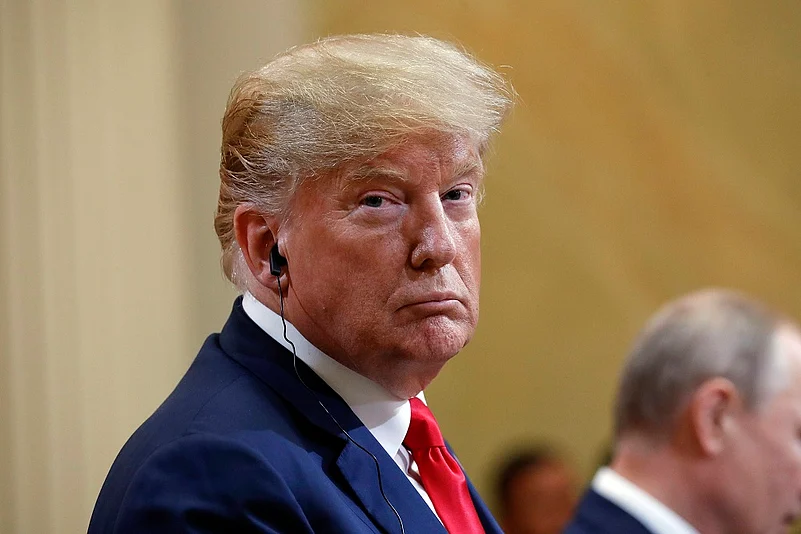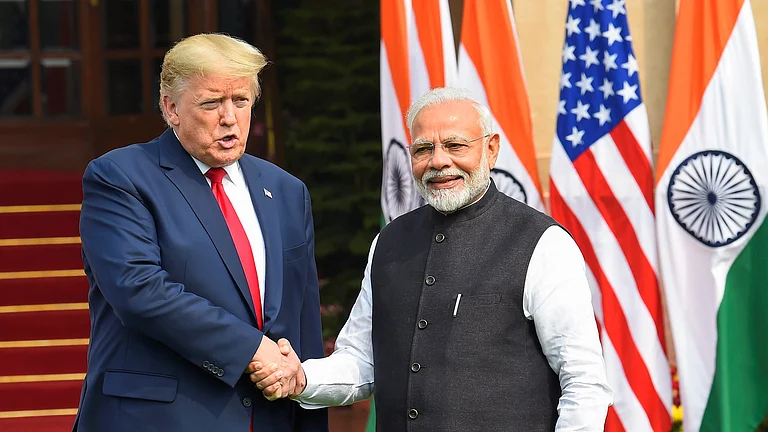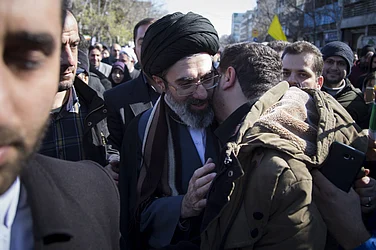
Summary of this article
Russian Deputy PM Alexander Novak refuted Trump's warnings, stating stable gasoline supplies negate fears of economic breakdown.
Temporary lines for fuel were cited by Trump as evidence of ruin, but officials attribute them to logistics, not structural weakness.
Amid slowed GDP growth and war funding strains, Russia's response prioritizes denying vulnerability to avoid signaling concessions in Ukraine.
Russia's government on Wednesday firmly rejected US President Donald Trump's assertion that the country's economy is on the verge of collapse, attributing recent gasoline shortages to temporary logistical issues rather than systemic failure. Speaking at the Russian Energy Week forum, Deputy Prime Minister Alexander Novak emphasized the stability of domestic fuel markets, countering Trump's comments that painted a picture of economic ruin.
Trump's remarks, delivered on Tuesday, expressed frustration with Russian President Vladimir Putin over the protracted Ukraine war, warning that long lines for gasoline signaled an impending economic meltdown. "The economy is going to collapse," Trump stated, urging Putin to end the conflict which he claimed was making Russia "look bad." The US leader's comments mark a sharper tone in recent weeks, following earlier suggestions that Ukraine could reclaim all lost territories with bolstered support.
In response, Novak assured attendees that gasoline supplies remain steady, with no disruptions to the broader market. This pushback comes as Russia's economy shows signs of strain—GDP growth is projected at just 1.0% for 2025 by the government, down from 4.3% in 2024, amid high inflation, depleted welfare reserves, and increased VAT to fund the war. Economists note that while wartime spending initially boosted growth, adaptation to sanctions has allowed resilience, though mounting pressures could eventually force policy shifts.
The exchange underscores escalating US Russia tensions, with Trump hinting at new sanctions, including tariffs on Russian oil buyers like India and China. Kremlin spokesman Dmitry Peskov earlier dismissed similar claims, rejecting the "paper tiger" label and affirming macroeconomic stability. As fuel queues persist in some regions, the debate highlights the war's toll on ordinary Russians, though analysts doubt it will prompt immediate concessions from Moscow.






















